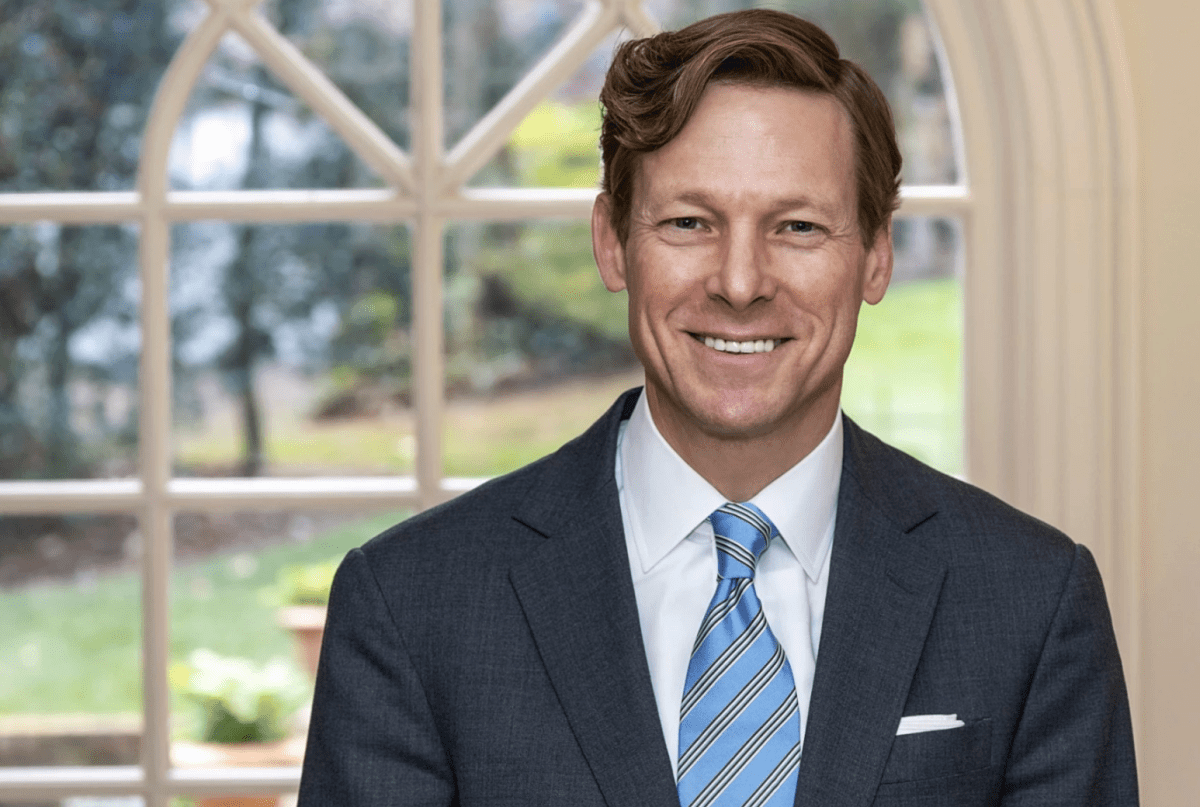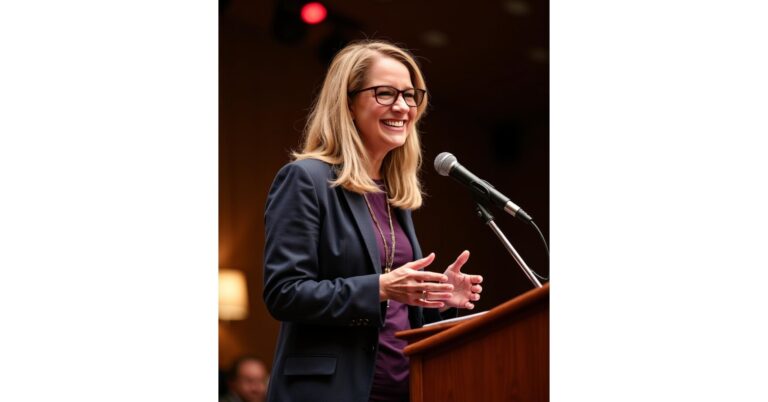Lee Roberts, Chancellor of the University of North Carolina at Chapel Hill (UNC), is at the forefront of a significant shift toward integrating artificial intelligence (AI) into higher education. Speaking at the University Club of San Francisco ahead of the team’s recent loss to Cal, Roberts focused on preparing students for a future where AI is ubiquitous, stating, “No one’s going to tell students that using AI will hurt their careers.” This perspective aims to recalibrate faculty attitudes toward AI, as perceptions vary widely within the university.
## UNC’s Bold AI Strategy
Under Roberts’ leadership, UNC has embraced AI as its guiding principle, indicating a strategic business decision influenced by his extensive background in finance and policy. The university is negotiating a significant transformation, merging its School of Data Science and Society with its School of Information and Library Science to create a new institution centered on AI studies.
## Faculty Divide Over AI Integration
At UNC, a divide exists among faculty regarding AI’s role in academia. Some educators are adapting their teaching methods to incorporate AI tools, while others express skepticism, equating their use to cheating. This disparity suggests a broader cultural battle within the university, mirroring trends in educational institutions worldwide.
Roberts emphasized the need for collaborative solutions, establishing incentive-based programs to encourage faculty engagement with AI. He appointed Jeffrey Bardzell, a seasoned professor, as the Vice Provost for AI, aiming to unite faculty and facilitate their adaptation to new technologies.
## Navigating Financial Challenges
Despite facing recent losses, including 118 federal grants totaling $38 million, Roberts insists that these funding setbacks represent a manageable percentage of the school’s research budget. He actively engages with policymakers to highlight the essential role of federal support for research.
In a related issue, Roberts addressed the controversial hiring of Bill Belichick as the university’s football coach, acknowledging the immense salary investment while maintaining that football revenue is crucial for supporting other athletic programs. He believes that even amid criticism, Belichick’s integration into campus life is positive.
## A Future-Oriented Vision
As higher education faces numerous challenges—from federal funding uncertainties to declining birth rates—Roberts is determined to position UNC as a leader in educational innovation. He advocates the necessity for universities to adapt quickly, fostering collaboration across disciplines in the face of emerging technologies.
Roberts encapsulates his ambitious vision by stating, “We’re going to try to make Carolina the number one public university in America.” Whether his strategy succeeds remains to be seen, but his proactive approach underscores a commitment to evolving in a rapidly changing educational landscape.







